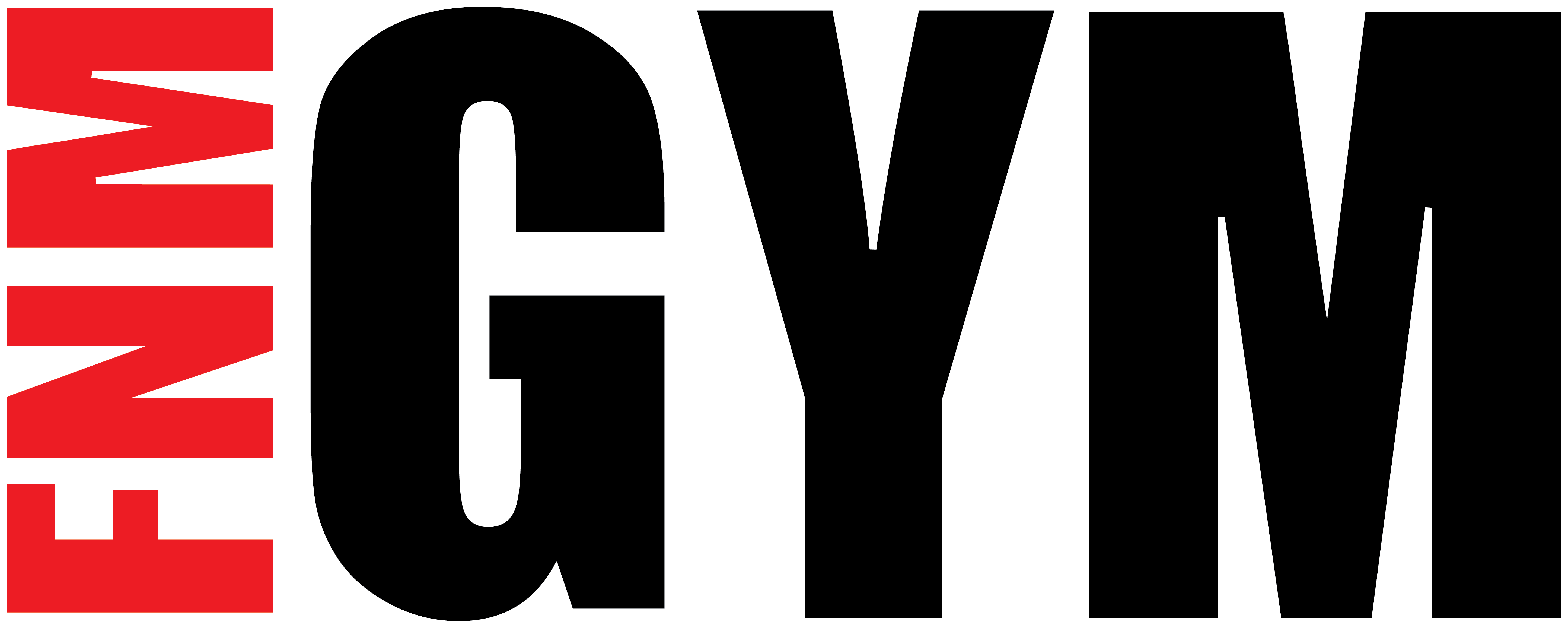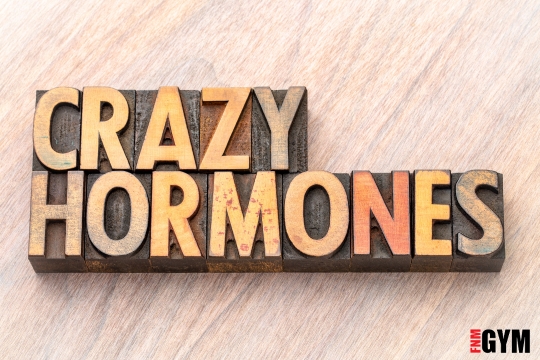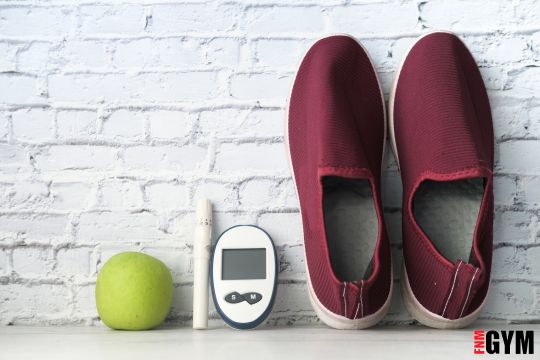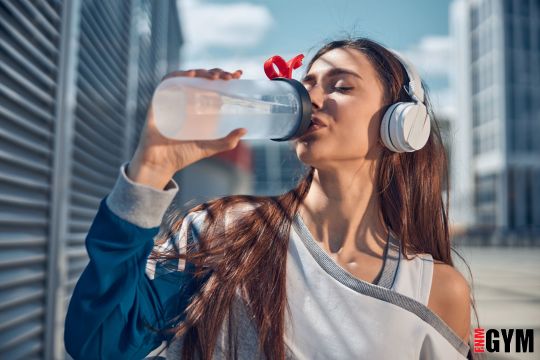Let’s be honest—when people think of fitness, they picture weight loss, muscle tone, or that post-workout glow. Yet there’s something not everyone talks about: exercise plays a crucial role in Fitness and Hormones: How Exercise Supports Hormonal Health. In fact, it is one of the most powerful ways to support your hormones—those tiny chemical messengers that affect everything from your mood to your metabolism.
At Fitness n Motion Health Centre (FNM), we’re all about real health for real people. Moreover, that means understanding what’s going on inside your body, not just what shows up in the mirror. Whether you’re in your 20s or 60s, pregnant, menopausal, stressed, or curious—your hormones are always at work. And, importantly, how you move can help them work better by supporting fitness and hormonal health.
Let’s break it down.
The Hormonal Benefits of Moving Your Body
First, your body loves balance—and hormones play a big part in keeping things running smoothly. Consequently, regular physical activity gives your hormones a nudge in the right direction, illustrating how fitness and hormones interact. In addition, this relationship means that consistent movement supports hormonal health over the long term.
Energy and metabolism
Exercise helps regulate insulin, which manages your blood sugar levels. Balanced insulin means more stable energy, less “hangry” crashes, and better fat metabolism. Therefore, fitness supports hormonal health.
Mood and mental health
You’ve probably heard that exercise releases endorphins (happy hormones). But it also reduces cortisol (stress hormone) and boosts serotonin and dopamine, which help with mood and focus. Exercise plays a role in supporting hormonal balance.
Sleep and recovery
Physical activity, especially outdoors or earlier in the day, helps your body produce melatonin more naturally. That means deeper, more restful sleep, showing how fitness supports hormonal health.
Sex hormones
Exercise keeps oestrogen and testosterone in check—key for everything from libido to bone density, especially important during menopause and andropause. Fitness can help in these situations.
You don’t need to live in the gym to see these benefits either. Consistency trumps intensity in maintaining a balance between fitness and hormones.
How Stress, Sleep, and Movement Work Together
If you’ve been sleeping poorly, feeling flat, or noticing stubborn weight gain—it might not be just the late-night snacks or busy schedule. It could be your hormones calling out for balance, highlighting the interaction between fitness and hormonal health.
Stress (hello, cortisol again) is a major disruptor. Too much of it over time can lead to hormone burnout—affecting your thyroid, adrenals, and even reproductive hormones—showing how exercise supports hormonal health.
Movement is your secret weapon here.
When you exercise, especially in a fun, social setting (like a FNM group class), you’re not just burning calories—you’re releasing tension. Combine that with better sleep, and suddenly your body has space to rebalance itself, demonstrating the connection between hormones and exercise.
Bonus tip: Strength training is especially helpful in lowering cortisol and boosting growth hormone (which helps you recover and rebuild), showing how fitness supports hormonal health.
Exercise Tips for Supporting Hormonal Health
Not all workouts are equal when it comes to hormones. The best approach? Mix it up, and match your training to your life stage, understanding the interaction between exercise and hormonal health.
Menopause
As oestrogen levels drop, you might feel more tired, more moody, and less “you.” Resistance training and light cardio (like brisk walking or cycling) are your friends. They support bone strength, mood, and metabolism without overtaxing your system, demonstrating how fitness supports hormonal health.
Pregnancy and postpartum
Movement during pregnancy can ease fatigue, reduce swelling, and support a smoother birth. Post-baby, gentle exercise helps with recovery and energy levels. Always check with your doctor first, and listen to your body—it knows best. This shows how exercise supports hormonal health.
High stress or fatigue
When you’re already burnt out, heavy workouts can add more stress. Try yoga, stretching, light weights, or a calm walk. Think reset not push harder. This is how exercise and hormonal health can be connected.
Younger women
If your cycle is irregular or you’re dealing with PMS, regular movement can help regulate hormones naturally. Just watch out for overtraining—too much can make things worse, showing the connection between fitness and hormones.
General advice
- Don’t skip rest days—your body needs them to restore hormone levels, illustrating how fitness supports hormonal health.
- Eat enough—especially protein and healthy fats, which support hormone production, contributing to overall hormonal health.
- Stay hydrated—even slight dehydration can mess with cortisol and other hormones, impacting hormonal health.
When to Talk to a Health Professional
Exercise is powerful, but it’s not magic, and understanding Fitness and Hormones can help guide you. If you’re experiencing ongoing issues—irregular cycles, extreme fatigue, hair loss, or stubborn weight gain—chat to your GP, a women’s health physio, or an endocrinologist.
At Fitness n Motion Health Centre, we’re also happy to refer you to allied health professionals we trust. Hormones can be tricky, but you don’t have to guess your way through it while working on hormonal health.
Final Thoughts
You don’t need to understand every hormone to take care of them. Moving your body regularly, sleeping well, and managing stress go a long way in maintaining hormonal health.
FNM isn’t just a gym—it’s a community that cares about your whole health. Whether you’re lifting weights, joining in a group class, or having a laugh between sets, you’re doing something good for your hormones, supporting your hormonal health through fitness.
So next time you’re debating whether to hit the gym, remember: it’s not just about fitness. It’s about balance, energy, mood, and feeling like you again, a testament to Fitness and Hormones: How Exercise Supports Hormonal Health.
Click here to read more about How exercise boosts sleep quality and its importance




